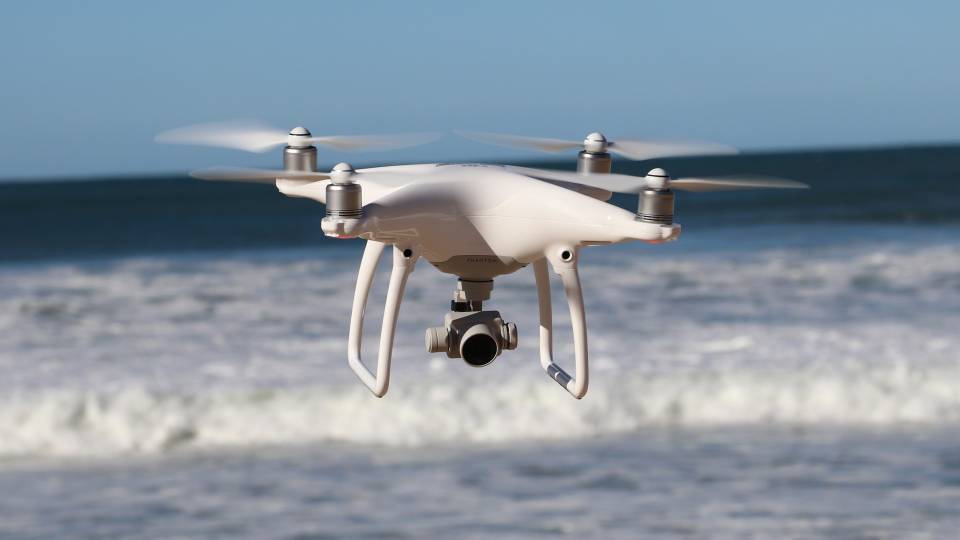U.K. Imposes Rules on Hobby Drones
Operators will have to register devices over a certain size and take a test to assure proper use
The U.K. will require operators of many hobby drones to register them with the government and take a test to assure proper use amid growing global concern the increasingly popular unmanned planes pose a threat to aviation.
The U.S. Federal Aviation Administration and European authorities have registered an increasing number of incidents in which drones have come worryingly close to airliners. In several cases airports have had to temporarily halt operations after drones were detected that could have endangered flights.
The British government said it was taking action after research showed drones weighing as little as 400 grams (0.9 pound) could damage the windscreens of helicopters. It would take models weighing about 2 kg (4.4 pounds) or more to damage the windscreens of airliners when those are flying at high speed, the government said in a new report, downplaying concern such a turn of events is likely during takeoff or landing, when most drone encounters occur.
Still, the British Air Line Pilots Association said action was needed. “This report clearly shows that readily available drones, which can be flown by anyone, can shatter or go straight through an aircraft windshield or shatter a helicopter rotor,” the lobby group said in a statement, adding “those impacts would have catastrophic consequences.”
British Transport Minister Martin Callanan on Saturday that said drones weighing over 250 grams (0.551 pounds) will be covered by the registration requirement. Operators will also have to show in a test they understand U.K. safety, security and privacy regulations.
The FAA tried to force operators of small drones to register them but a federal court earlier this year struck down the regulation it said violated law. The government of Dubai has been trying to crack down on drone flights after disruptions at its busy airport because of illegal use of such devices. British authorities have recorded more than 40 possible incidents of drones coming to close to planes this year alone.
Mr. Callanan said the U.K. is trying to balance the commercial potential of using drones with the safety demands. “Our measures prioritize protecting the public while maximizing the full potential of drones,” he said.
Some of the smallest and cheapest toy drones wouldn’t be affected. Many of the camera-carrying models that can be purchased relatively cheaply online or at local electronics stores would be affected by the new rules.
To help keep drones away from sensitive sites such as airports or nuclear installations, the British government also is strengthening so called geo-fencing requirements. Those require drone makers to design the devices so they can’t fly in prohibit airspace using the air vehicle’s GPS positioning system.
Britain’s airport lobby group said the government should move rapidly to require geo-fencing technology.






















